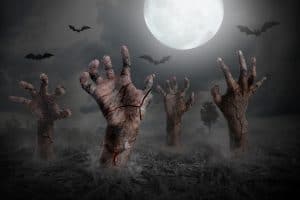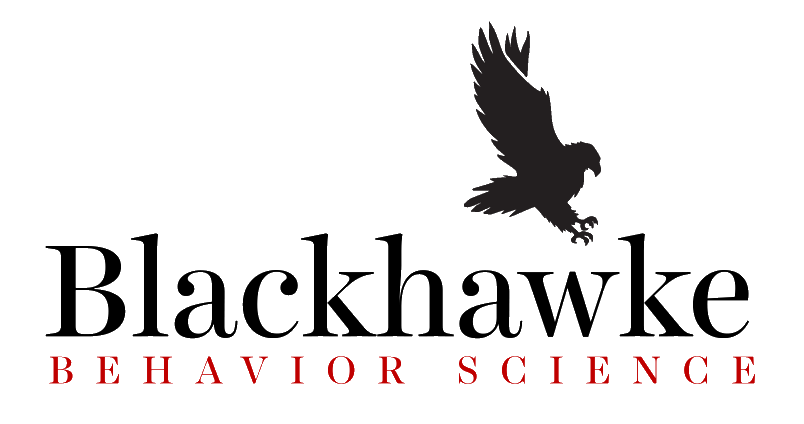What’s the difference between an entrepreneur and a narcissist? It may be harder to tell than you think.
In a 2016 study, researchers sent a survey to 466 business and MBA students asking them questions about their intentions to become an entrepreneur and their motives for entering entrepreneurial ventures. They also measured their standing on the “dark triad” traits – narcissism, psychopathy, and Machiavellianism – which are associated with antisocial and counterproductive behaviors
Individuals high on narcissism tend to have a sense of grandiosity, overestimate their personal capabilities, and engage in self-serving behaviors. Individuals high on psychopathy lack empathy and remorse, and engage in impulsive, selfish, and impulsive behavior. And Machiavellian individuals have a general disregard for ethics or morality: manipulating, deceiving, and exploiting others for their own gain.
The results showed that individuals who had intentions of entering entrepreneurial ventures were more likely to score high on the “narcissism.” but not on psychopathy and Machiavellianism. The authors speculate that the “underlying (over)confidence and attention-seeking characteristics associated with narcissism may partly explain why it was related to entrepreneurial intentions”
Results also indicated that, amongst those characterized as early-stage nascent entrepreneurs, all three traits of the dark triad were related to unproductive entrepreneurial motives. Unproductive motives measured in the study included:
- To achieve financial success, even if it is a little destructive to society
- To maximize profits, even at the cost of employees’ well-being
- To grow quickly, even if that means sacrificing quality
- To earn a financial profit at all costs
In other words, entrepreneurs high on all three of the dark triad traits are more likely to have self-serving motives and overestimating their abilities. As the authors say, entrepreneurs high on the dark triad traits “may stand to use entrepreneurship as a vehicle for appropriating value rather than creating it.”
What does this mean for venture capitalists and other investors? It means they need to be “vigilant in terms of the design of incentives and in managing their relationships with individuals potentially high in the dark triad”. Only a small minority of entrepreneurs exhibit these ‘dark triad’ traits, but investors should be alert to them. And fortunately, you don’t need to be a psychiatrist to spot these. There are interviews and assessments that measure these dark triad traits that can easily be included in your venture screening or due diligence process.
By Ben Hawkes and Dr. Nikki Blacksmith
References
Hmieleski, K. M., & Lerner, D. A., (2013). The Dark Triad and Nascent Entrepreneurship: An Examination of Unproductive versus Productive Entrepreneurial Motives. Journal of Small Business Management, 54, 7–32. doi: doi: 10.1111/jsbm.12296
About Blackhawke
Using unique psychological assessments and predictive analytics, Blackhawke provides venture capitalists, angels and other investors with a deep understanding of the capability, resilience, motivation, strengths and weaknesses of entrepreneurs and startup management teams. See www.blackhawke.io for more information, or email info@blackhawke.io






